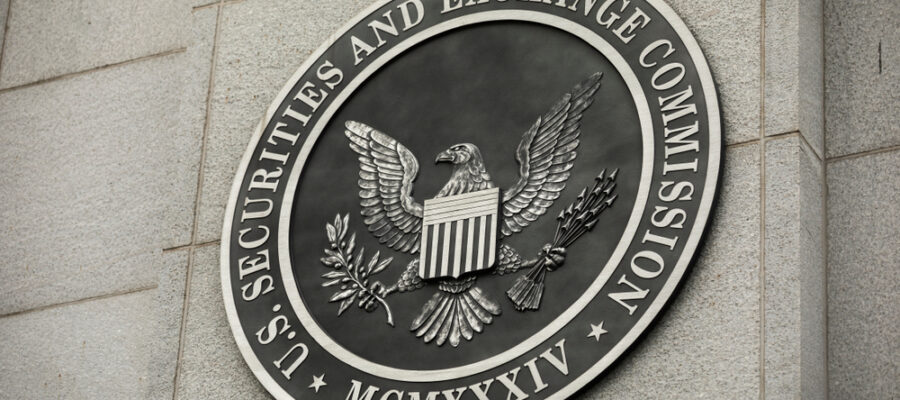Coinbase is the largest cryptocurrency exchange in the United States. A few months ago, the company joined the government’s stance on the matter of banning Russian accounts.
However, the public limited company has now decided to take a stance against the biggest financial regulators in the US, namely Securities and Exchange Commission.
As per the latest media reports, Coinbase lawyers have recently submitted an “amicus brief” or friend of the court to join forces with Ripple Labs. It is worth mentioning that SEC has sued Ripple Labs in the matter of dealing in unregistered securities in the form of XRP tokens. However, Ripple executives have maintained that XRP is not a security but a cryptocurrency.
In 2020 when SEC first brought the case against Ripple and XRP, the crypto token was banned from all the big cryptocurrency exchanges, including Coinbase. The latest statement from Coinbase postulates that the suspension of XRP caused a lot of distress to the users of the American cryptocurrency exchange.
In the new turn of events, Coinbase has taken a new stance to aid Ripple Labs with the statement that Ripple Labs should get the fair notice defence. Additionally, Coinbase counsels have claimed that SEC has failed to serve a fair notice during its surprise legal trial of Ripple Labs.
Coinbase Lawyers will Support Ripple’s Legal Battle Against SEC
Coinbase has faced some issues since its public listing event. The stocks of the company have faced some tension in the market under the pretext of increasing interest rates and regulatory practices by the Federal Reserve.
The exchange has taken steps like halting new hiring to maintain its turbulent position. Now, Coinbase is getting on board with Ripple Labs to form a united front against SEC.
The public limited cryptocurrency exchange exclaims that SEC should be held accountable for its inconsistent treatment of cryptocurrencies.
The exchange also added that the existing terms and conditions for the registration of securities are ill-fitting and unsuitable for cryptocurrency organizations and hinder their operations.
All trademarks, logos, and images displayed on this site belong to their respective owners and have been utilized under the Fair Use Act. The materials on this site should not be interpreted as financial advice. When we incorporate content from other sites, we ensure each author receives proper attribution by providing a link to the original content. This site might maintain financial affiliations with a selection of the brands and firms mentioned herein. As a result, we may receive compensation if our readers opt to click on these links within our content and subsequently register for the products or services on offer. However, we neither represent nor endorse these services, brands, or companies. Therefore, any disputes that may arise with the mentioned brands or companies need to be directly addressed with the respective parties involved. We urge our readers to exercise their own judgement when clicking on links within our content and ultimately signing up for any products or services. The responsibility lies solely with them. Please read our full disclaimer and terms of use policy here.

